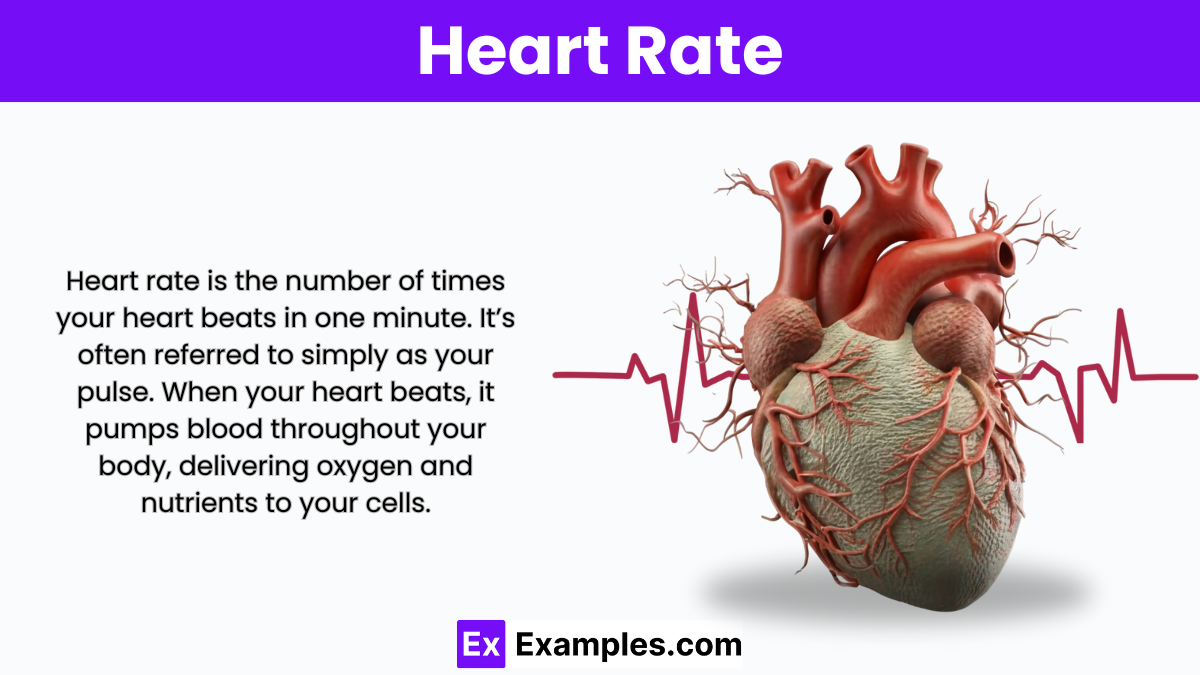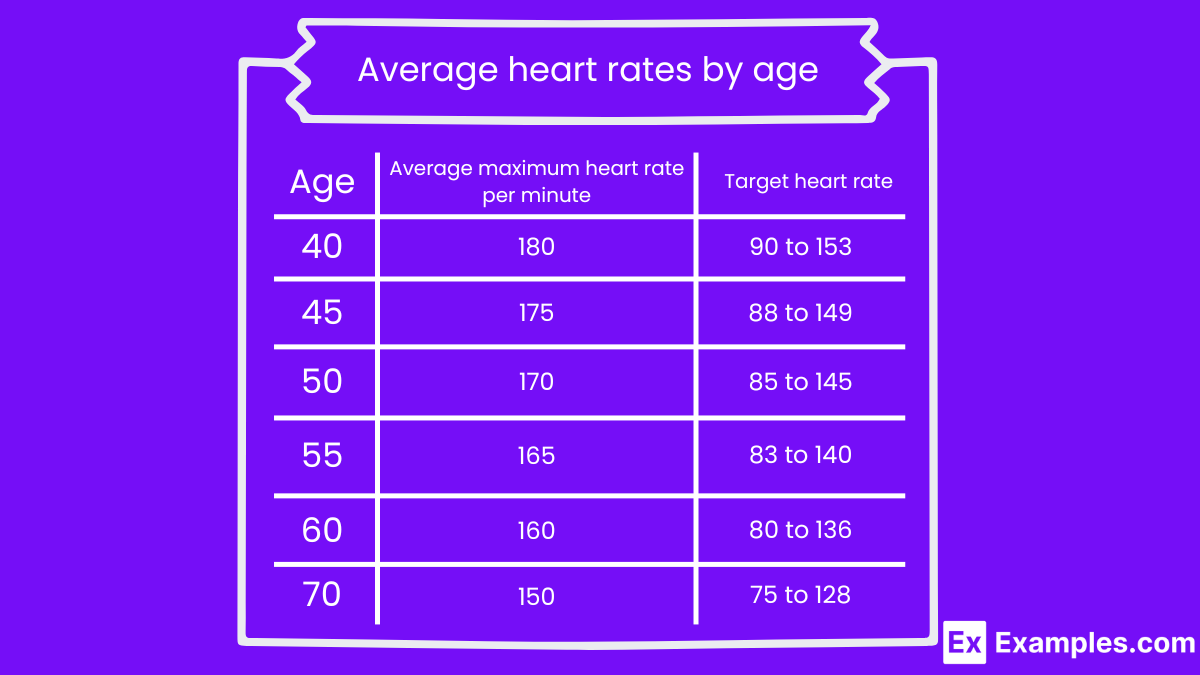What is the normal resting heart rate for an average adult?
40-60 beats per minute
60-100 beats per minute
100-120 beats per minute
120-140 beats per minute

Understanding your heart rate, or pulse—the number of times your heart beats per minute—is essential, even if you’re not an athlete. It serves as a crucial indicator of your fitness level and overall heart health. Normal heart rate can vary widely from one person to another, but knowing your own can help you monitor your cardiovascular condition effectively. As you grow older, changes in your heart rate’s speed and rhythm could indicate potential health issues that require attention.
Heart rate is the number of times your heart beats in one minute. It’s often referred to simply as your pulse. When your heart beats, it pumps blood throughout your body, delivering oxygen and nutrients to your cells. You can feel your heart rate by touching places on your body where arteries are close to the skin, such as your wrist or neck. Your heart rate can change based on what you’re doing—like exercising or sleeping—and your overall health.
A normal resting heart rate for adults typically ranges from 60 to 100 beats per minute. Generally, a lower resting heart rate indicates more efficient heart function and better cardiovascular fitness. For instance, athletes often have resting heart rates around 40 to 60 beats per minute because their hearts are very efficient at pumping blood. However, many factors can influence heart rate, including age, activity level, medications, and overall health.
Heart rate checks are performed in various situations to assess an individual’s overall heart health and physical condition. Monitoring the heart rate, the number of heartbeats per minute, is crucial in many medical and non-medical scenarios. Below are some of the key situations when a heart rate check is typically performed:
A dangerous heart rate can vary depending on the individual and their specific health conditions, but generally, it refers to a heart rate that is too high or too low relative to what is expected during rest or physical activity.
For adults:

Resting heart rate is the number of times your heart beats per minute while you are at complete rest. It’s a good indicator of your heart health and overall fitness. Generally, a lower resting heart rate suggests that your heart is functioning efficiently and your cardiovascular fitness is good. Most adults have a resting heart rate between 60 and 100 beats per minute. Athletes or physically active individuals might have a resting heart rate as low as 40 to 60 beats per minute due to their enhanced heart muscle efficiency.
A heart rate test measures the frequency of your heartbeats, typically expressed as beats per minute (BPM). This test is essential for assessing cardiovascular health, determining physical fitness levels, and monitoring medical conditions. Here’s a detailed explanation of how a heart rate test is conducted:
Good heart rate varies by age: newborns (70-190 bpm), children (60-140 bpm), adults (60-100 bpm), elderly (may be slightly higher).
A heart rate of 120 bpm can be normal during exercise but is high if resting.
Unhealthy heart rates are below 60 bpm or above 100 bpm at rest, signaling potential health issues.
The normal heart rate range for adults at rest is 60 to 100 beats per minute.
Text prompt
Add Tone
10 Examples of Public speaking
20 Examples of Gas lighting
What is the normal resting heart rate for an average adult?
40-60 beats per minute
60-100 beats per minute
100-120 beats per minute
120-140 beats per minute
Which device is commonly used to measure heart rate?
Thermometer
Barometer
Sphygmomanometer
Pulse oximeter
How does physical activity affect heart rate?
Decreases it
Has no effect
Increases it
Stops it
What is considered a dangerously high heart rate for an adult?
Above 100 beats per minute
Above 120 beats per minute
Above 150 beats per minute
Above 200 beats per minute
Which hormone is known to increase heart rate during stress?
Insulin
Cortisol
Adrenaline
Melatonin
What term describes a heart rate below 60 beats per minute?
Tachycardia
Bradycardia
Arrhythmia
Hypercardia
Which of the following can lead to a decreased heart rate?
Caffeine
Exercise
Deep breathing
Anxiety
A rapid heart rate above 100 beats per minute is known as:
Bradycardia
Tachycardia
Arrhythmia
Cardiomyopathy
What effect does dehydration have on heart rate?
It has no effect
It decreases heart rate
It increases heart rate
It stops the heart
Which age group typically has the highest resting heart rate?
Newborns
Teenagers
Adults
Elderly
Before you leave, take our quick quiz to enhance your learning!

